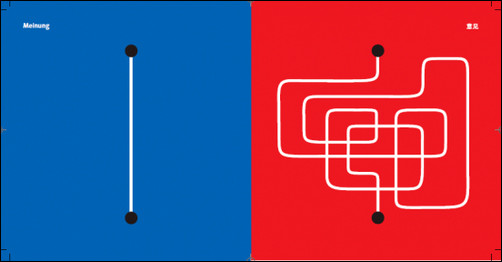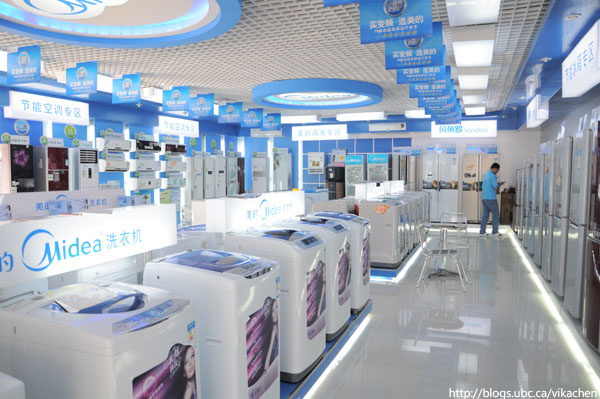Lately, I’ve read Yining Qiao’s question about a traditional Chinese candy “Big White Rabbit” in the discussion board and then I found her article about this in her blog. I personally really like this candy very much too and I just noticed that they are really never changed the package. Moreover, “Bit White Rabbit” is not only facing challenges from other traditional Chinese style candies but also foreign competitors like Mars. The sales of “Big White Rabbit” now is just half of the sales of Dove chocolate in China.
It is true that mothers and grandmothers are the main consumers of this candy (which remind me of what I learned from baby carrot). However, the children will grow up one day and become part of the mother segmentation. Therefore, while the profit margin of this candy is so low, instead of spending a lot on changing the whole package, they can focus on how to attract mothers of different generations.
Mothers nowadays are more educated than before, and the food safety problem in China is so serious, they would like to choose the best product for their children. Therefore, “Big White Rabbit” can simply have a information label on the package to emphasize the health benefit of this toffee (especially after the company had a milk quality scandal), while other candies like chocolates may contain too much sugar for children.
Or they can reduce the size of this candy (while not changing the price, like “what we learned” today 😛 ), so that children will never get enough and keep asking for more.
After all, this will become a loop that never end. Hopefully.










